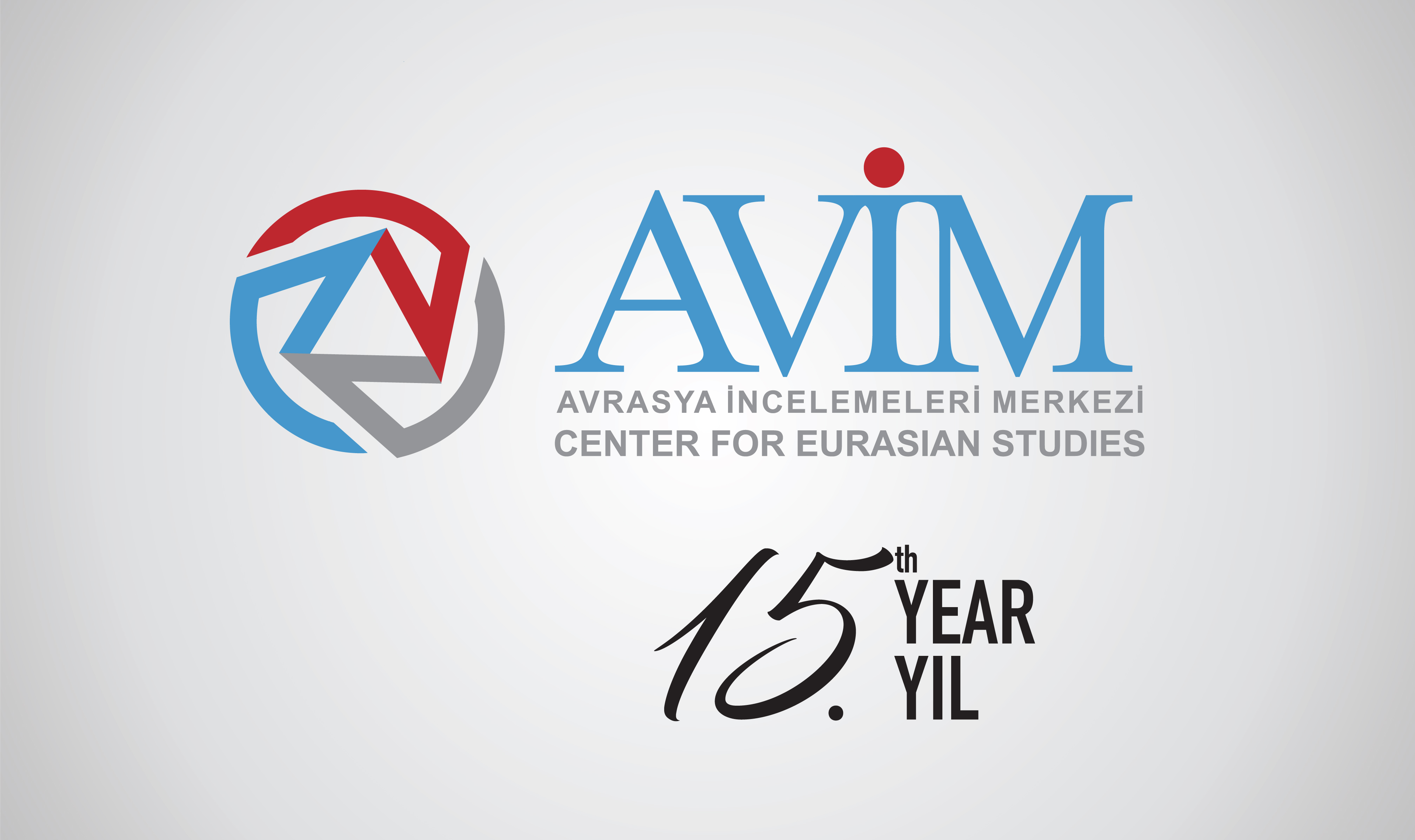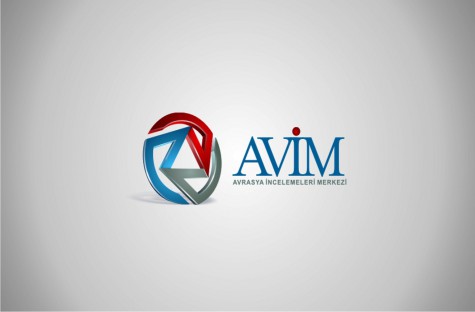In a research conducted to be addressed during the World Economic Forum (WEF) which will hold its traditional annual meeting at Davos in Switzerland late this month, the primary five issues which are globally seen as the greatest danger in 2013 and could entail a threat to overall stability are listed as follows:
- Growing imbalance and widening gap between the rich and the poor within both states and regions,
- Increase in the public debts of states,
- Climate change and the inability to reach a viable consensus on needed measures,
- Scarcity of water supplies,
- Demographic change and an aging population,
Looking at it from the aspect of Eurasia where Turkey is at the nexus, the issues mentioned above could be identified concretely. The European Union has not been able to come up with a solution to the unbalanced distribution of income during the ongoing crisis since 2008. For instance, family incomes have shown a decrease of 20% in Greece, 8% in Spain and 7% in the Greek Cypriot Administration of Southern Cyprus. On the other hand, it has increased in Germany, France and Holland. This imbalance has sharpened in each country and as with the example of France, practices for balancing with new taxes have been introduced. It is possible to observe similar woes and imbalances within the developing economics of the Eurasian geography.
Increase in public debts has been underlined in its most intense form with the crisis the European Union is facing as it has emerged that the solution lies in strengthening the common monetary union through a centralized financial system. However, neither the Commission President’s comprehensive report which foresees radical changes, nor the Council President’s more diluted report have received support during the December summit. On the other hand, due to the weight of investment funds, a more balanced outlook has emerged in Eurasia’s developing economies.
The threat of climate change is global and no country has a way to escape from it. When considering that the East and South of Eurasia is essentially subjected to more severe climate conditions, it is possible to say that the effect on that geography could be more relative.
Decrease in water supplies is an issue which is of concern to Turkey in particular. Turkey is not a country rich in water supplies. Water basins and resources have not been distributed in a balanced manner. Eastern Anatolia, with its trans-boundary rivers provide the primary water supply for its eastern and southern neighbors. The distribution and sharing of this commodity which is getting scarce and gaining in value is posed to be one of the outstanding subjects of the future. Similar worries are also valid for Central Asian republics.
The aging of population and decrease in the ratio of young population, though regarded more as a problem of developed economies, often with examples given from the European Union, demographic change emerges as a more widespread issue. This development, observed in Armenia as well as in Russia, is closely related to the potential of economic development and political power.
These issues, which are foreseen to entail the global agenda’s priority issues in 2013, while on the one hand shed light on some facts of economic mobility shifting towards Asia and the Pacific, on the other hand help in providing food for thought on the reasons for potential conflicts and instability.
© 2009-2025 Center for Eurasian Studies (AVİM) All Rights Reserved
COURT VERDICTS AGAINST ARMENIANS ARE BECOMING THE RULE
 THE FORCED EXILES OF THE CRIMEAN TATARS AND THE CIRCASSIANS
THE FORCED EXILES OF THE CRIMEAN TATARS AND THE CIRCASSIANS
 CELEBRATING 15 YEARS OF AVİM - A JOURNEY OF EXCELLENCE AND ASPIRATION
CELEBRATING 15 YEARS OF AVİM - A JOURNEY OF EXCELLENCE AND ASPIRATION
 PERSISTING IN THE MISTAKES OF THE PAST
PERSISTING IN THE MISTAKES OF THE PAST
 RELATIONS BETWEEN THE PKK AND ASALA
RELATIONS BETWEEN THE PKK AND ASALA
DRAFT RESOLUTION ON “GENOCIDE” IN THE US SENATE




























